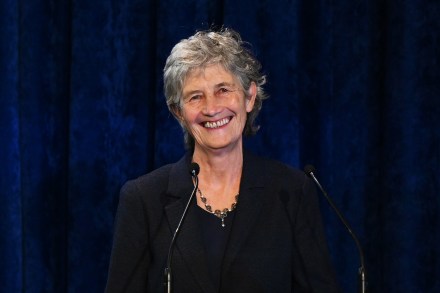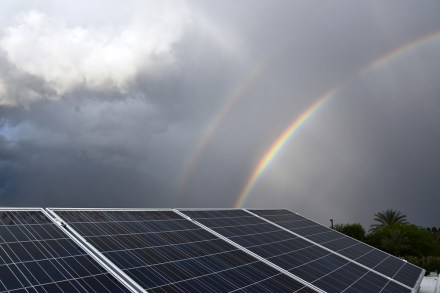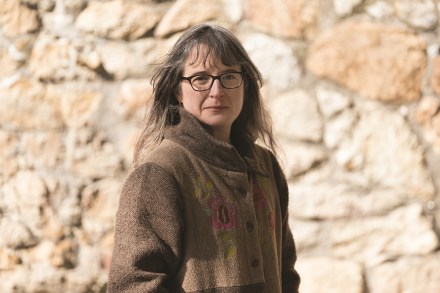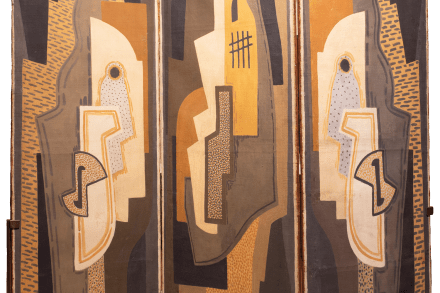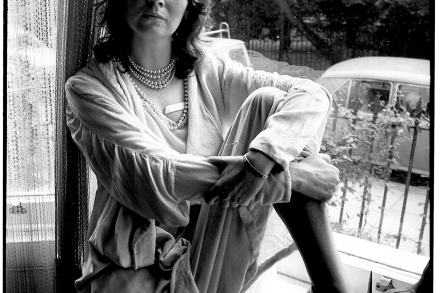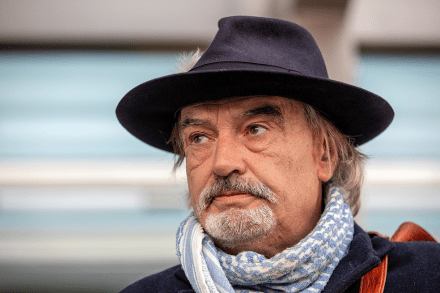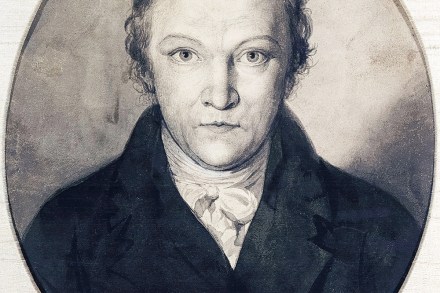Ireland wants you to forget Chaim Herzog
Now Ireland is erasing its Jewish history. This week Dublin City Council voted to change the name of Herzog Park in the south of Dublin. The park was named for Chaim Herzog, the Belfast-born, Dublin-raised Jew who later became the sixth president of Israel. ‘Following consideration, the Committee agreed… that the name “Herzog” should be removed from the park’, says the council’s chilling missive. Scrubbing the name of a Jew from a public park? Tell me that isn’t anti-Semitism. For two years now, Herzog Park has been the focal point of that spittle-flecked Israelophobic fury that is so commonplace in modern Ireland. Last year an online petition demanded that its





